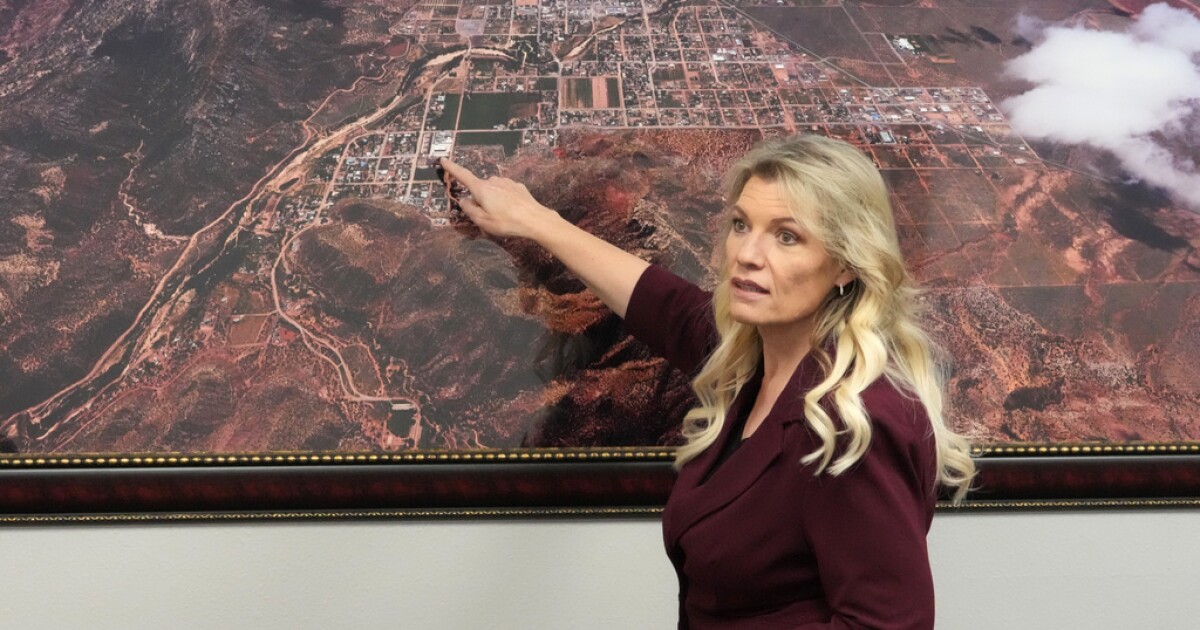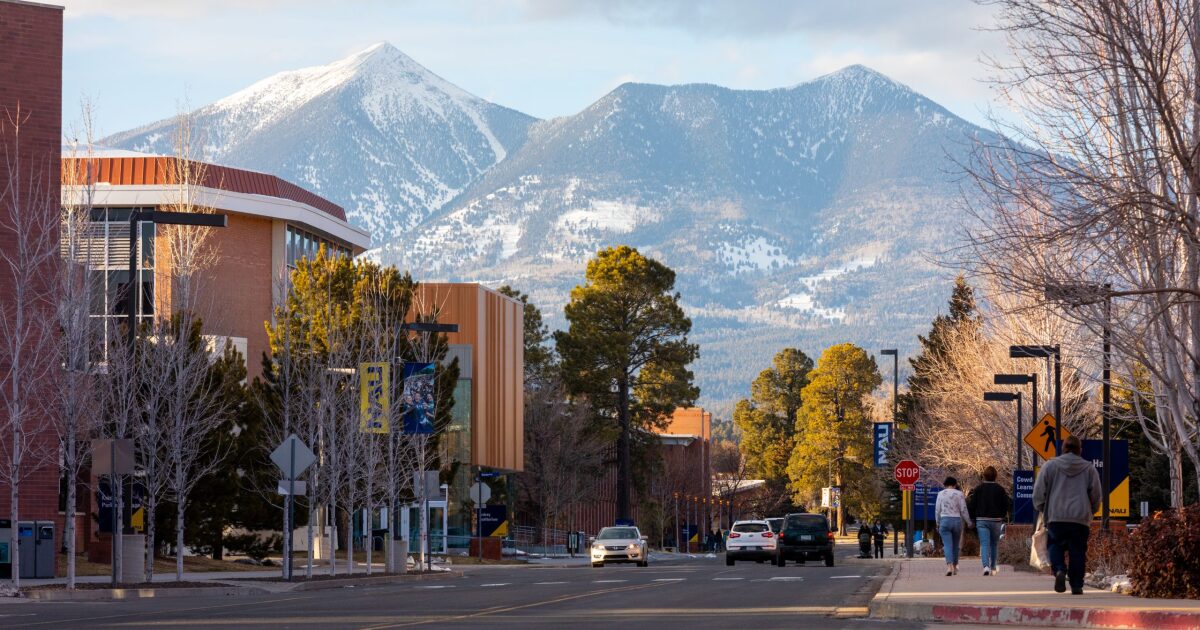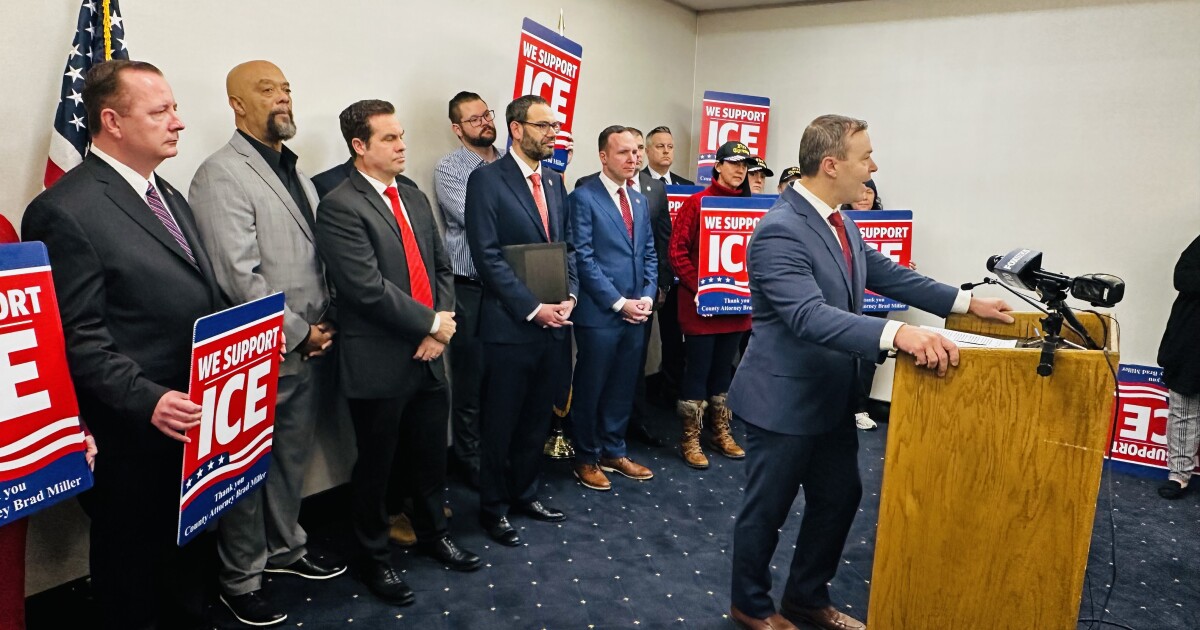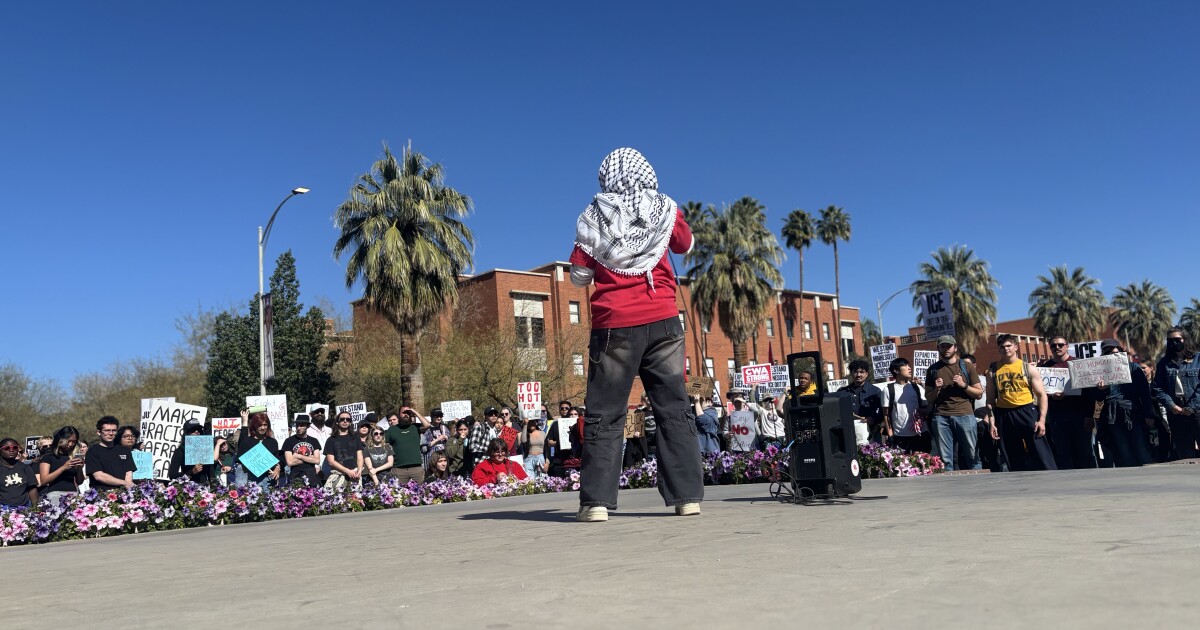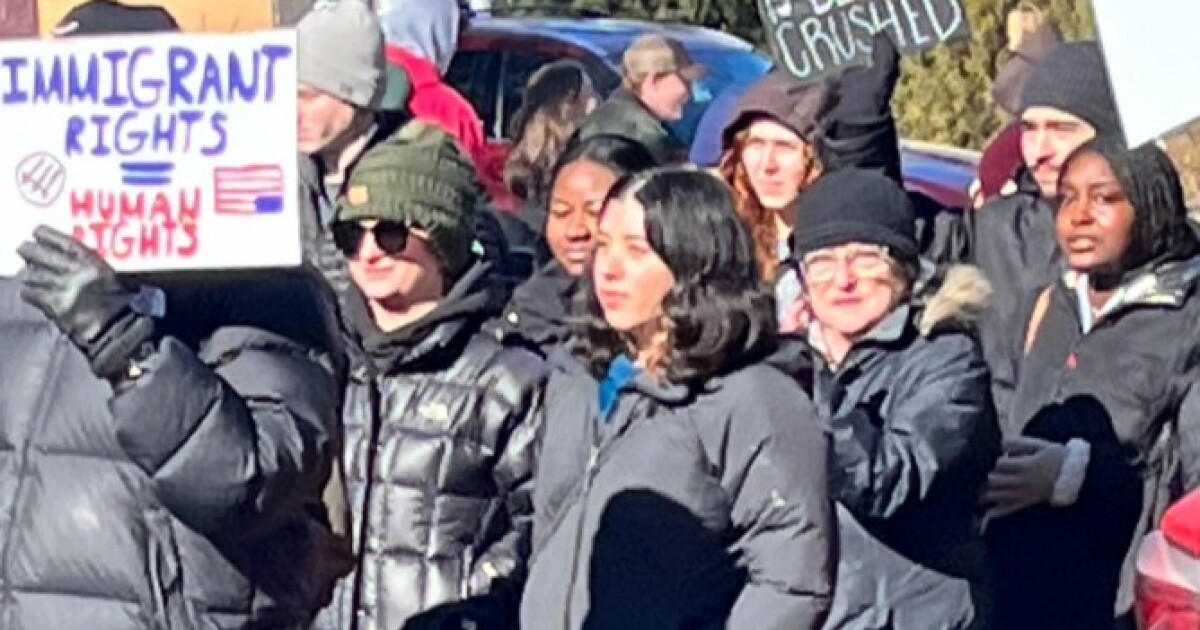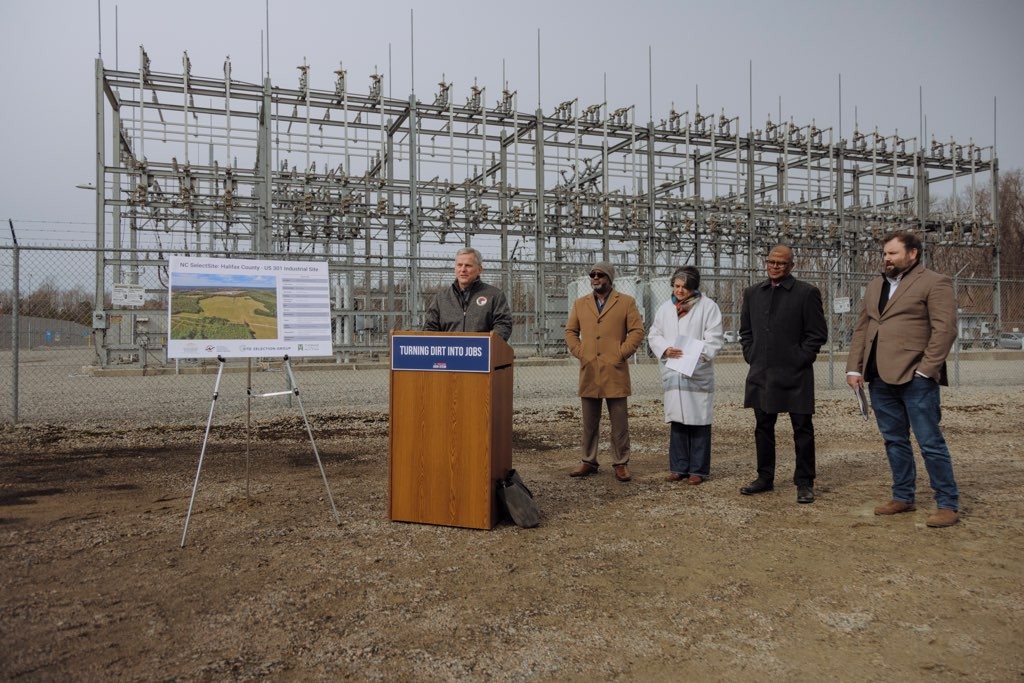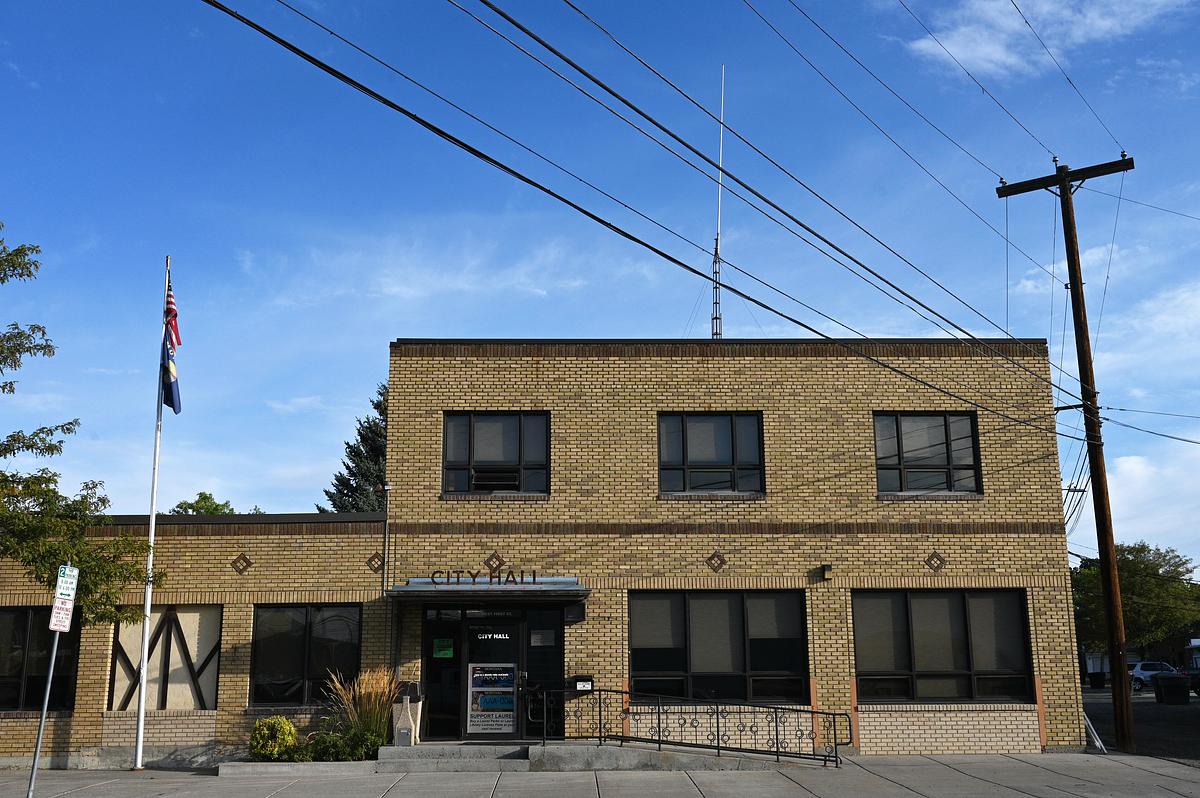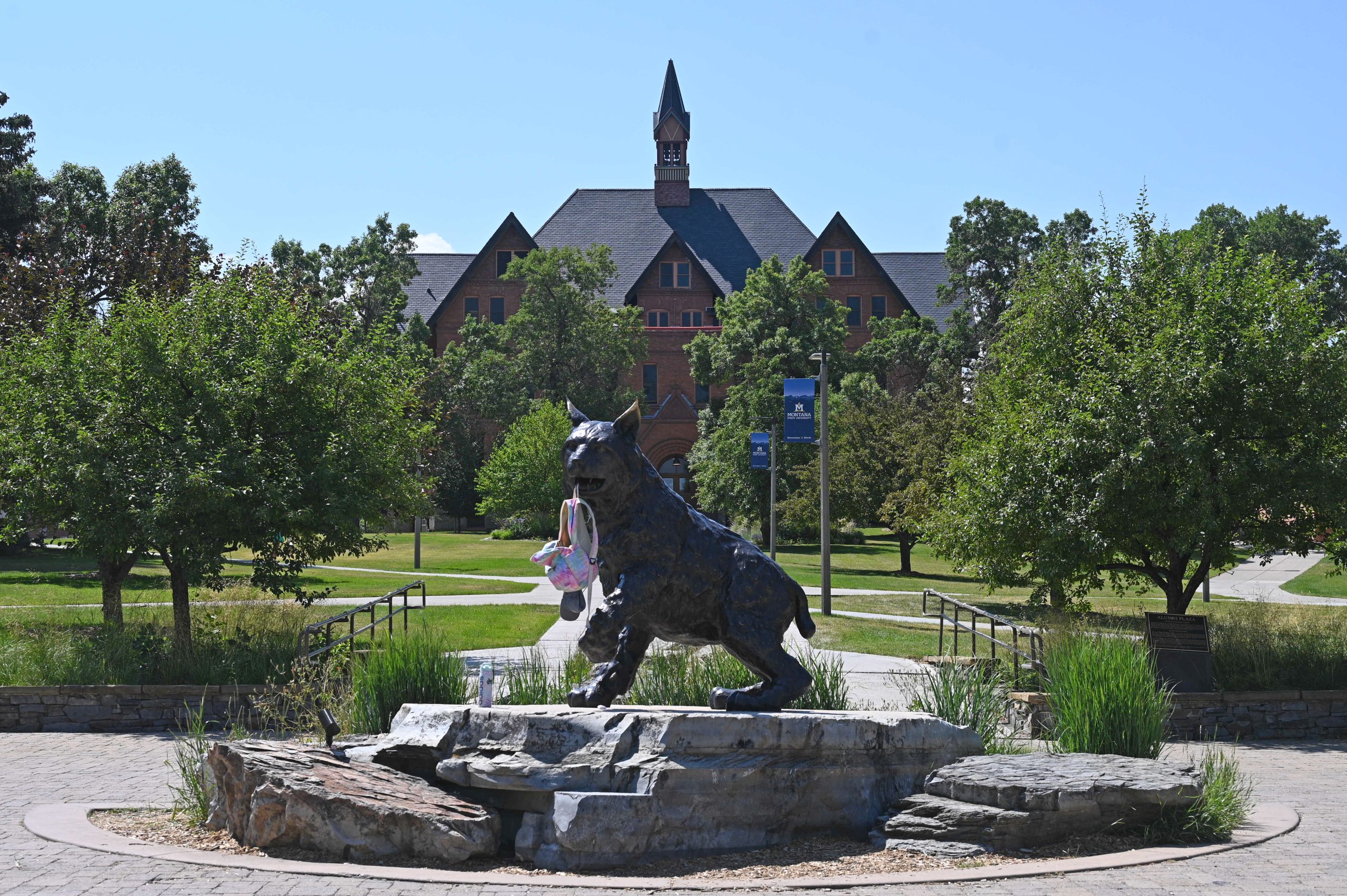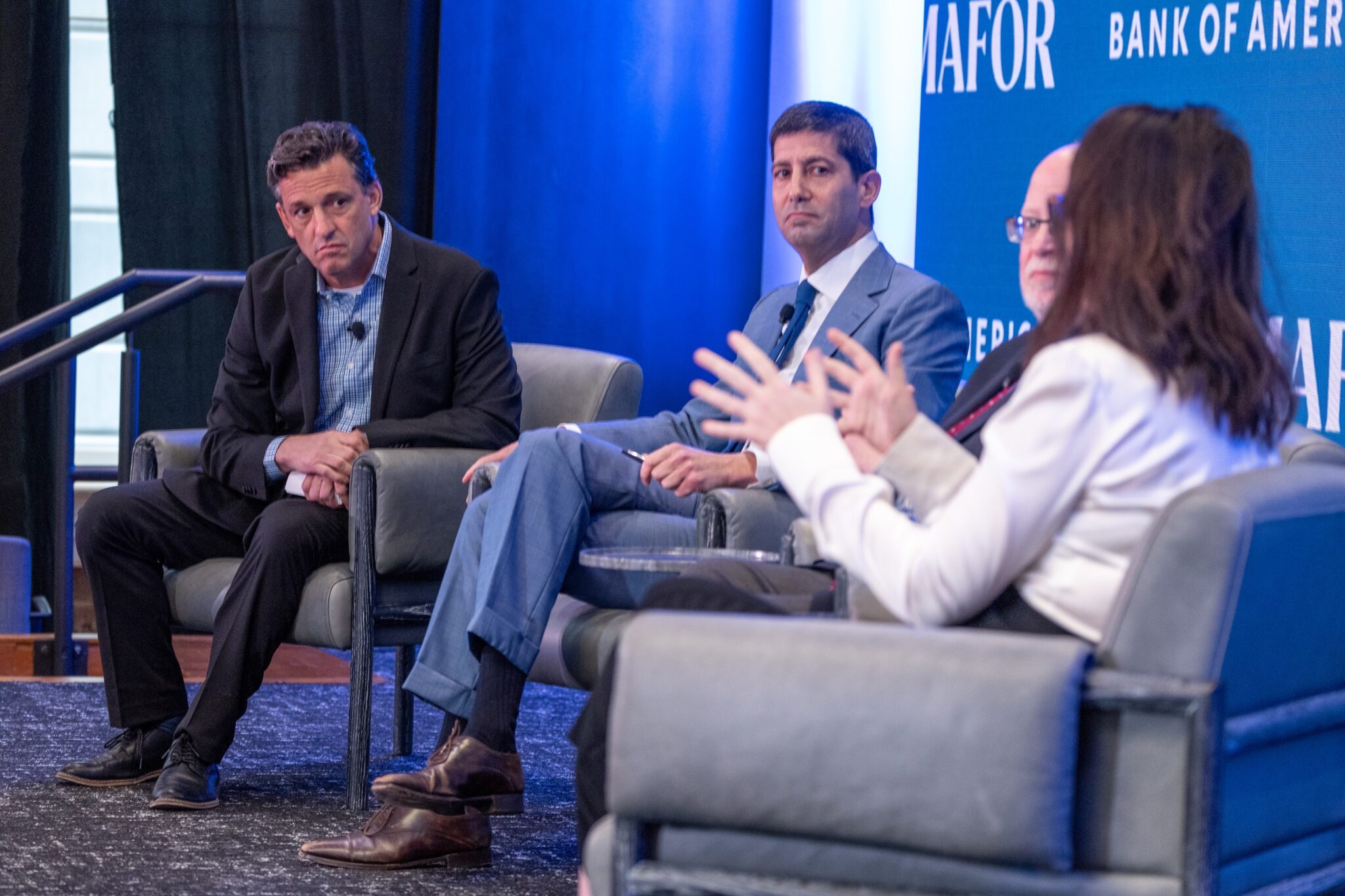Michigan’s Same-Sex Marriages: A Journey Through Legal Hurdles and Anniversaries
As more than 300 same-sex couples in Michigan mark their 11th wedding anniversary, they reflect on a pivotal moment in history that began with a groundbreaking court ruling. In March 2014, a federal judge made a decision that would lead to a flurry of marriages across the state.
On the evening before the weddings, U.S. District Court Judge Bernard Friedman declared that Michigan’s ban on same-sex marriage was unconstitutional, citing violations of equal protection and due process rights. The ruling was effective immediately, prompting many couples to rush to courthouses and clergy to solemnize their unions.
The first known wedding occurred at 8:05 a.m. at the Ingham County Courthouse in Mason. Ingham County Clerk Barb Byrum, with tears in her eyes, pronounced Glenna DeJong and Marsha Caspar married, stating, “By the authority invested in me by the great state of Michigan, I pronounce you married.”
Clerks in four counties, including Byrum, opened their offices that Saturday to issue marriage licenses and officiate ceremonies. Clergy also participated, and some couples spent their special day witnessing other unions.
However, the whirlwind of weddings faced immediate legal challenges. Then-Michigan Attorney General Bill Schuette, a Republican, sought a stay from the U.S. Sixth Circuit Court of Appeals, which was promptly granted. This raised questions about the legal status of the marriages already performed.
U.S. Attorney General Eric Holder confirmed the federal government’s recognition of these marriages, while Michigan’s then-Governor Rick Snyder took a more nuanced stance. He acknowledged the legality of the marriages but stated the state would not recognize them, citing a need to suspend associated benefits.
This led to another legal battle aimed at ensuring full state recognition of these marriages. “The couples married on March 22 are caught in a paradox,” commented Caspar. “We’re married and we’re not.”
The U.S. Supreme Court ultimately settled the issue in 2015 with its ruling in Obergefell v. Hodges, which legalized same-sex marriage nationwide. This marked a stark change from 2004 when Michigan voters approved a constitutional amendment recognizing only heterosexual marriages.
Opinions on same-sex marriage have evolved over the years. Richard Czuba of the Glengariff Group noted a shift, stating, “The country was being told that if you allow same-sex marriage, marriage will collapse in this country. Ten years on, I don’t think anyone can credibly make the case that that has happened as a result of same-sex marriage.”
Yet, opposition persists. Recently, state Representative Josh Schriver (R-Oxford) and some GOP lawmakers introduced a non-binding resolution urging the U.S. Supreme Court to overturn Obergefell. Schriver claimed the decision harmed marriage’s definition and increased persecution of Christians.
The resolution was dismissed by House Republican leaders, yet LGBTQ advocates remain concerned due to the dormant language of the same-sex marriage ban in Michigan’s Constitution. Michigan Attorney General Dana Nessel, who previously challenged the ban, advocates for its repeal, warning that Obergefell could be at risk.
“We know a resolution can’t overturn a Supreme Court decision,” Nessel noted. “But there can be other cases that are litigated that wind up later being argued before the United States Supreme Court, and I really believe they have a majority on that court that would overturn that decision.”
She pointed to the 2022 Supreme Court decision that overturned long-standing abortion rights as evidence of potential shifts in settled law, emphasizing the narrow 5-4 majority that decided Obergefell.
—
Read More Michigan News


